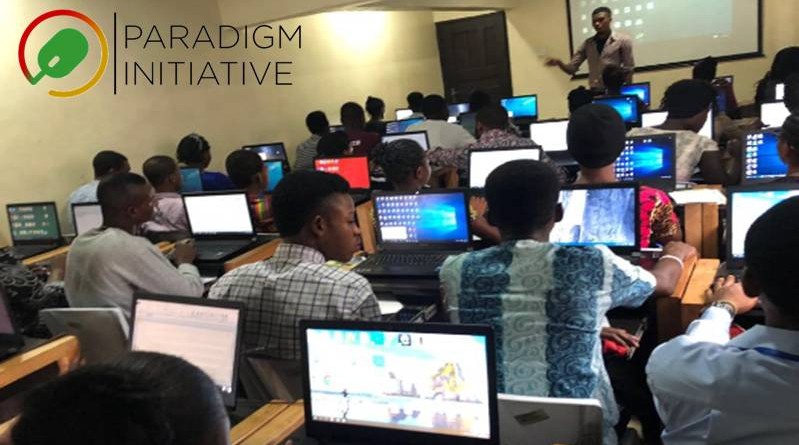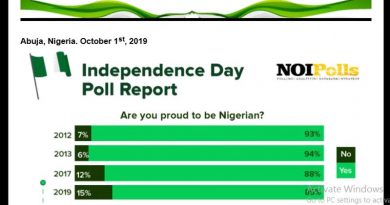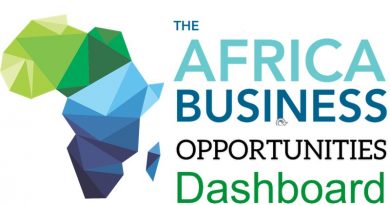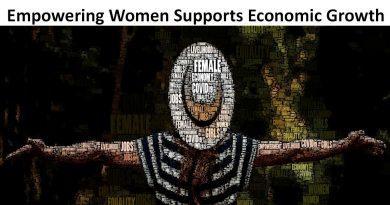Paradigm Initiative Hosts Internet Policy Workshop for Parliamentarians of East and Southern Africa
In a bid to strengthen policymakers’ capacity to handle digital rights and related issues, Paradigm Initiative is hosting an Inter-regional Policy Workshop on Internet Rights from 7-8th October 2019 in Nairobi, Kenya.
The workshop, which is targeted at Parliamentarians from East and Southern Africa, including representatives from the two Regional Economic Communities (RECs), is part of a series of interventions aimed at complementing existing capacity of policy makers in developing human rights respecting Internet legislation.
The workshop seeks to foster dialogue among the delegates, further enhance their capacities to address digital rights and offer them an informed awareness of issues, best practice and mechanisms that other countries utilise, which can be adapted for implementation in their respective jurisdictions.
Speaking on the development Honourable Thoko Tembo from the Parliament of Malawi noted that the expansion of Africa’s digital landscape means that the Internet is fast becoming a human right and affects a lot more people. “As a policy maker, I am extremely excited to attend this workshop. The knowledge and awareness obtained will help formulate the right policy that will ensure citizens enjoy digital rights, he said.”
The seminar underscores the critical role of Parliamentarians across the globe in the Internet Governance multi-stakeholder ecosystem and an equally critical role in formulation of Internet policies, regulation and legislation.
According to Google Policy Fellow for East Africa, Rebecca Ryakitimbo, “this workshop will help set precedence for regional frameworks around digital rights and freedom bearing in mind the trends and similarities in these countries”.
The convening is expected to culminate into the development of an Inter-regional Advocacy Framework for addressing digital rights and freedoms.
Meanwhile,Bulanda Nkhowani- Google Policy Fellow for Southern Africa applauded the initiative, “this is timely for the two regions faced with similar threats on internet freedom in form of internet taxes, repressive cyber laws and massive detentions of activists and internet users in countries like Uganda, Zambia, Malawi and Tanzania”.
Participants will leave with deepened and up-to-date insights on the status of digital rights in the two regions and in Africa, as well as empowered with the requisite tools to establish human rights-based cyber laws and ultimately contribute to establishing coordinated best practice in Internet public policy on the continent.




